Colin Pitchfork: First killer caught by DNA "should move to open prison"
- Published
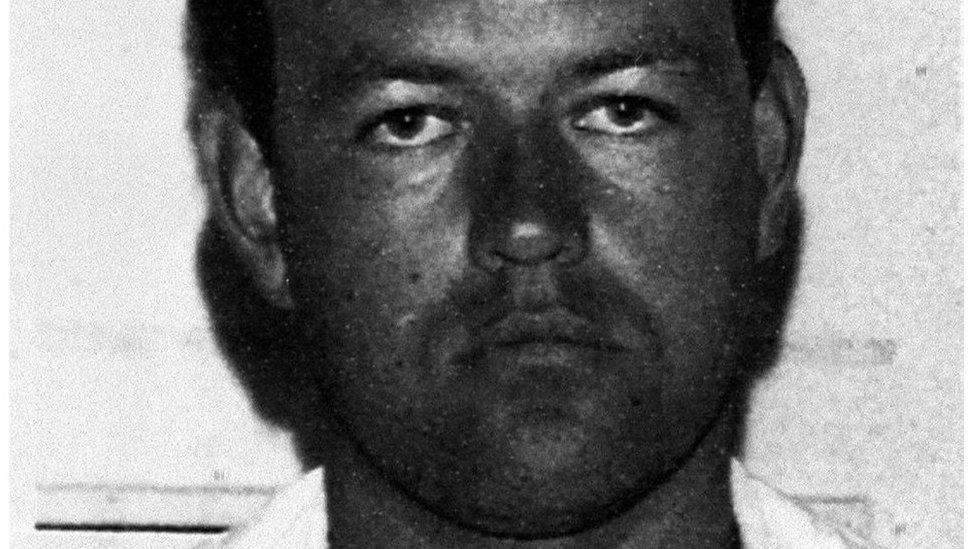
Colin Pitchfork was given a life sentence in 1988 for the rape and murder of two 15-year-old girls
A man who raped and murdered two girls and became the first person to be convicted using DNA should be moved to an open prison, the justice secretary said.
Colin Pitchfork, now 55, was given a life sentence in 1988 for the rape and murder of 15-year-olds Lynda Mann and Dawn Ashworth in Leicestershire.
A Parole Board refused his request for release but recommended open prison.
Justice Secretary Michael Gove has now agreed with the recommendation.
In statement, the Prison Service said moving an inmate to an open prison did "not guarantee eventual release in any form", adding "public protection is our top priority".
Updates on this story and more from Leicestershire
Pitchfork, then 27, was jailed in 1988 after an unprecedented mass screening of 5,000 men in Leicestershire using pioneering DNA profiling.
He admitted the two attacks and was described by the judge as "a danger to young women" whose crimes were of a "particularly sadistic kind".
The families of Lynda and Dawn both called on the Parole Board not to release Pitchfork and a petition signed by almost 20,000 people was submitted to the panel.
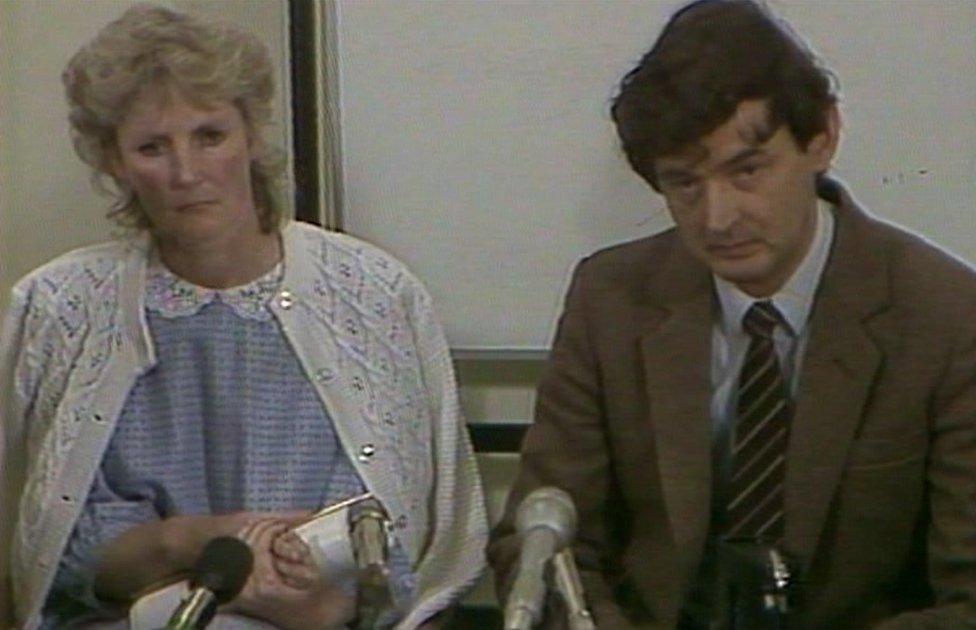
Dawn Ashworth's mother Barbara Ashworth, pictured here in the 1980s, said "life should mean life"
Barbara Ashworth, Dawn's mother, previously said she was concerned Pitchfork could harm a member of the public if allowed out of open prison on temporary release.
"It's a process whereby he's released more gradually and gradually into the community again," she said.
Ms Ashworth added that "life should mean life".

Colin Pitchfork: Two brutal murders
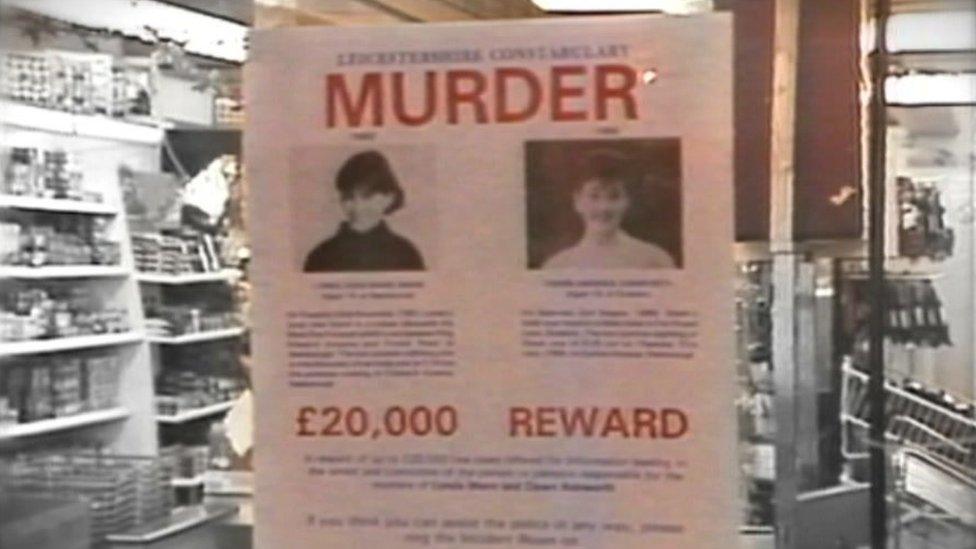
Colin Pitchfork, 22 at the time of the first murder, was married with two sons. He was a baker who grew up in rural Leicestershire and lived in Littlethorpe
In November 1983 he left his baby son sleeping in the back of his car and raped and strangled 15-year-old Lynda Mann with her own scarf in Narborough. He then drove home and put his son to bed
Three years later, less than a mile from where Lynda died, he raped and murdered Dawn Ashworth, also 15, of Enderby. The pathologist who examined her body described it as a "brutal sexual assault"
A police investigation initially led to the wrong man, Richard Buckland, a local 17-year-old who falsely confessed to one of the killings. After an unprecedented mass screening of 5,000 men using pioneering "DNA profiling" technology, Pitchfork was eventually caught. At first, Pitchfork had evaded justice by persuading a colleague to take the test for him
He pleaded guilty to both murders in September 1987 and was sentenced to life in January 1988. The judge said the killings were "particularly sadistic" and he doubted Pitchfork would ever be released
In 2009, his 30-year life tariff was reduced by two years, external for "exceptional progress" - a decision that was strongly criticised by the families of his victims

The lord chief justice at the time said after he was jailed that "from the point of view of the safety of the public I doubt if he should ever be released".
Pitchfork was given a life sentence with a minimum term of 30 years, but in 2009 the Court of Appeal reduced the minimum term to 28 years.
Speaking at the time of the reduction, Lord Judge said Pitchfork's progress since he was first incarcerated "goes far beyond general good behaviour and positive response to his custodial sentence, but reflects very creditable assistance to disabled individuals outside the prison system".

How DNA caught Colin Pitchfork
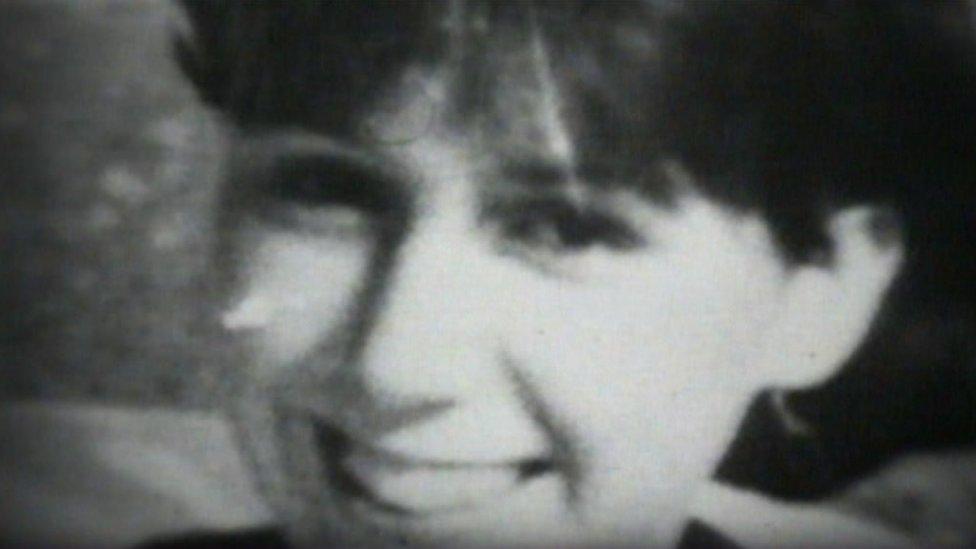
The sister of Lynda Mann, who was just 15 years old when she was raped and murdered, started a petition demanding Pitchfork is never released
The police turned to the University of Leicester's Dr Alec Jeffreys for help in cracking the case.
With DNA profiling, originally used in paternity disputes, experts proved a 17-year-old boy's innocence before carrying out a mass screening of 5,000 men.
Even then, Pitchfork evaded justice by persuading a colleague to take the test for him, going so far as to replace his passport photograph.
But he was overheard boasting about the case in the pub and was eventually arrested. His DNA profile ultimately led to his guilty plea and 30-year term.

In a statement, the Prison Service said: "The independent Parole Board decided not to release this offender. Instead it recommended a transfer to open conditions and that recommendation has been accepted.
"Public protection is our top priority and transfers to open conditions can only be made after a thorough, expert, risk assessment carried out.
"A transfer to open prison does not guarantee eventual release in any form - whether that be on a temporary or other form of licence. Before that happens, offenders must meet another stringent set of tests."
The Parole Board will not recommend a prisoner's move to open conditions unless it considers it safe to do so.
- Published29 April 2016

- Published22 April 2016

- Published6 September 2015
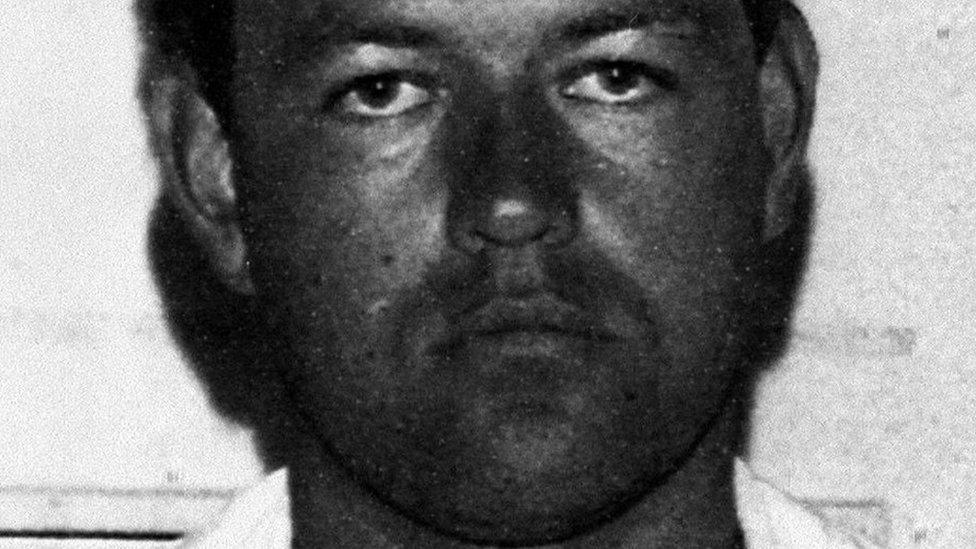
- Published26 May 2015
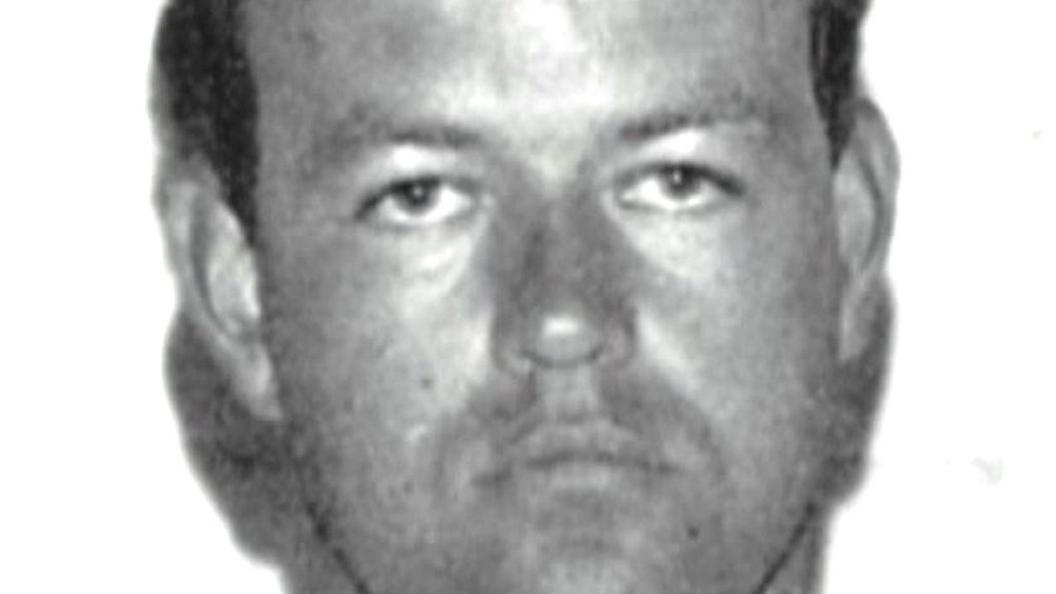
- Published1 May 2015
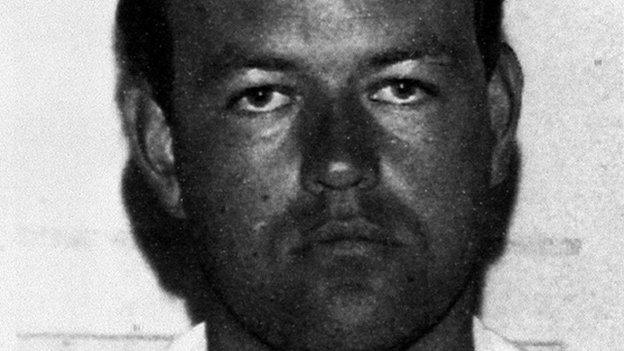
- Published27 April 2015
